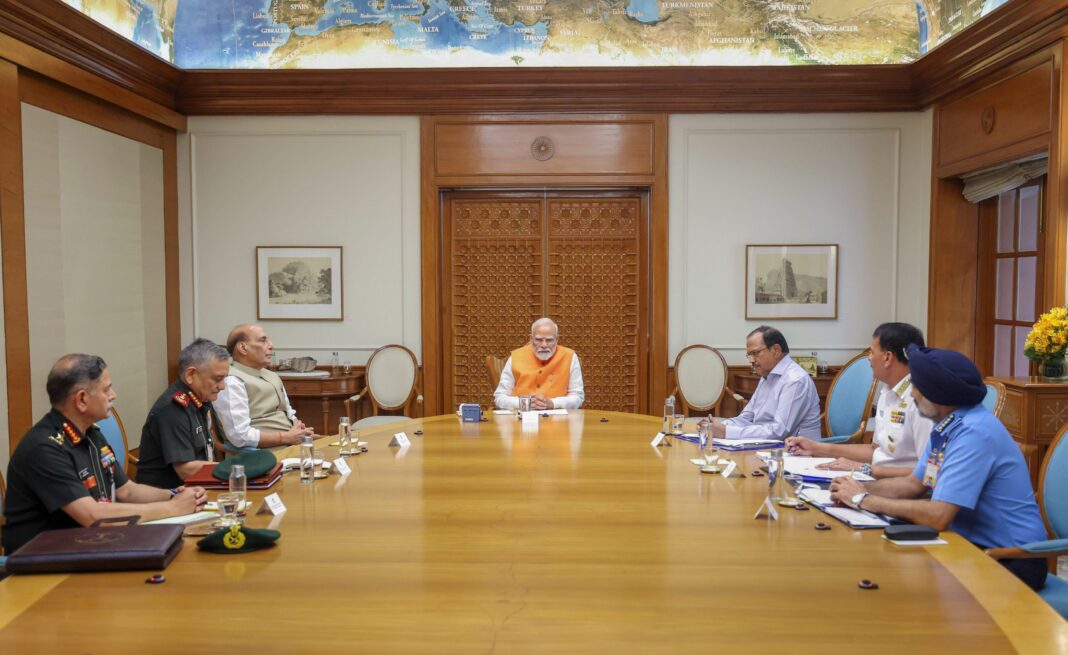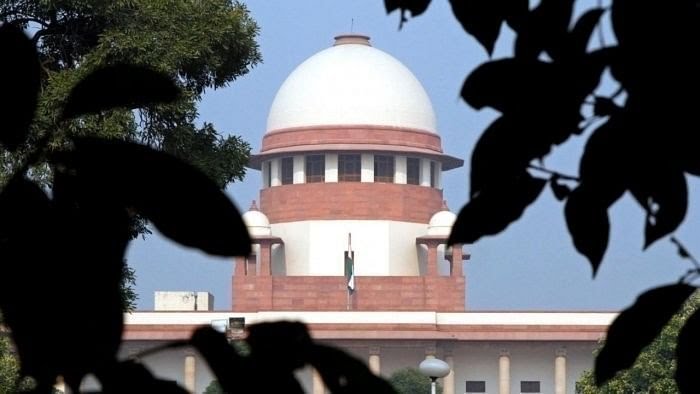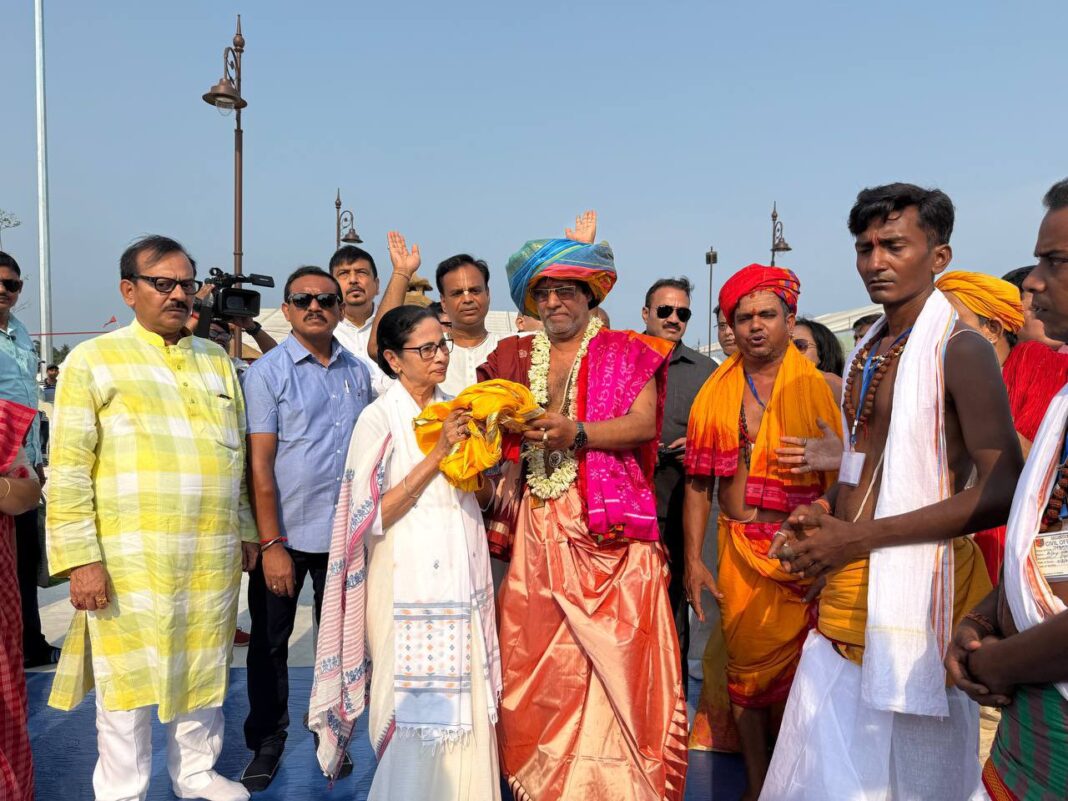By The Sampadak Express
In a strong response to the deadly terrorist attack in Pahalgam, Jammu and Kashmir, Prime Minister Narendra Modi has given the Indian armed forces complete operational freedom to determine the nature, timing, and targets of India’s retaliation. The April 22 attack claimed the lives of 26 individuals, most of them tourists.
Chairing a high-level security meeting on Tuesday, PM Modi reaffirmed the government’s unwavering resolve to counter terrorism. “It is our national resolve to deliver a crushing blow to terrorism,” the Prime Minister said, according to official sources.

Modi expressed full confidence in the armed forces, stating that they have the autonomy needed to respond decisively. The meeting was attended by key defence and security figures including Defence Minister Rajnath Singh, National Security Advisor Ajit Doval, Chief of Defence Staff General Anil Chauhan, and the chiefs of the Army, Navy, and Air Force.
Reiterating his earlier stance, PM Modi issued a stern warning to the perpetrators and their supporters, hinting at Pakistan’s role in sponsoring cross-border terrorism. “The punishment will be beyond their imagination,” he said.
In a show of strategic pressure, India has also moved to suspend the Indus Waters Treaty with Pakistan—a significant diplomatic step that underscores the gravity of the situation.
Earlier in the day, Union Home Secretary Govind Mohan chaired a separate high-level meeting with the chiefs of the paramilitary forces and senior officers from key security agencies. While the agenda remains undisclosed, it’s believed to focus on further action against terror networks.
This marks a critical phase in India’s security posture, following past decisive responses like the 2016 surgical strikes and the 2019 Balakot airstrike, both launched after major terror attacks.
More articles:






